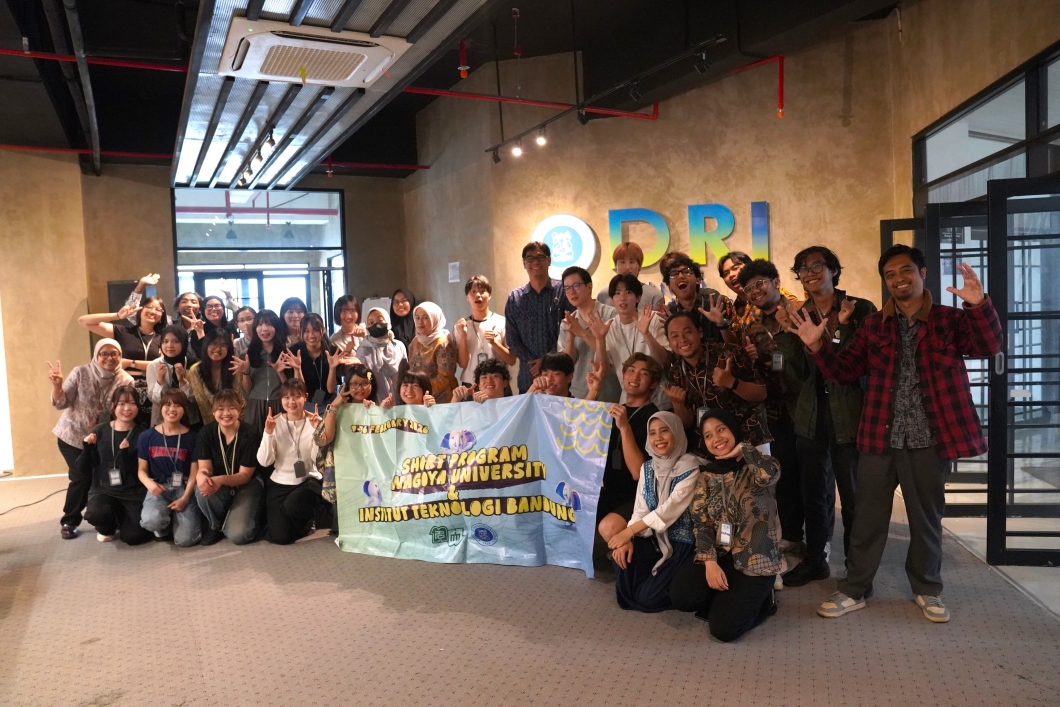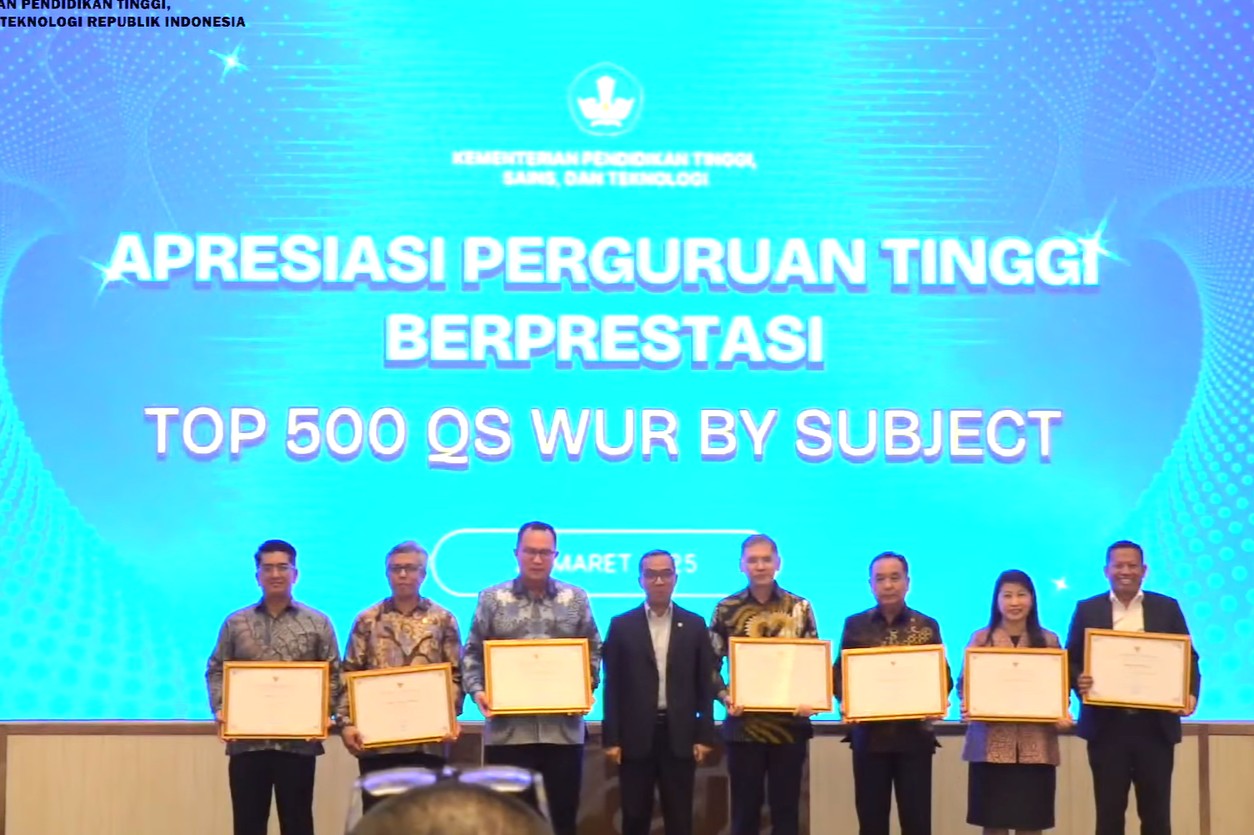ITB Achieves 1st Place in QS WUR Sustainability 2024
By Anggun Nindita
Editor Anggun Nindita

BANDUNG, itb.ac.id - QS World University Rankings (WUR): Sustainability 2024 released the world university rankings for 2024. Institut Teknologi Bandung (ITB) is now ranked number 1 as the best university in Indonesia.
According to the official release from QS WUR: Sustainability 2024, ITB is ranked first in higher education institutions in the country, then was ranked number 74 on the Asian scale, and 389th overall at the global level.
This year, QS WUR Sustainability was published on December 5th, 2023. For information, QS WUR Sustainability is a ranking of universities that leads in environmental sustainability and social issues. This is the second edition of QS WUR: Sustainability after previously being held last year.
This ranking framework highlights the various ways universities are taking action to address environmental, social, and governance (ESG) issues.
In its second year, the sustainability ranking features 1,403 institutions from all over the world. Three main environmental and social indicators are assessed in QS WUR: Sustainability, which are environmental sustainability, environmental education, and environmental research.
The environmental issue itself is a problem that requires synergy from various parties to overcome it, including the academic community. Apart from that, it is hoped that academics can provide good solutions to environmental problems that occur.
This is also in accordance with the global action plan that has been agreed upon by various countries in the world, including Indonesia. As an educational institution, ITB also plays a role in maintaining environmental quality, implementing governance, and participating in sustainable development.
Creating a sustainable campus environment certainly requires collaboration between various parties. By promoting awareness of the implementation of a sustainable campus, it will not only benefit the academic community but can also have a positive impact on the surrounding community.
Reporter: Anggun Nindita
Translator: Hanna Daniela Ayu (Aerospace Engineering, 2021)
Editor: Kezia Hosana




.jpg)

.jpg)

